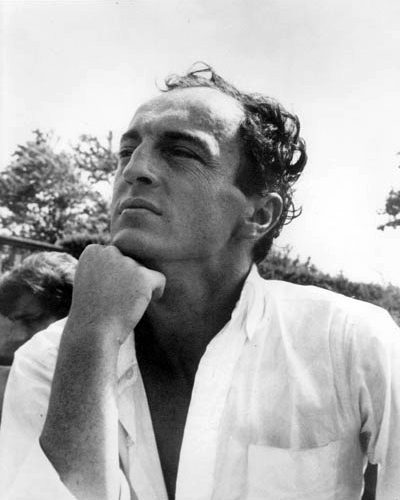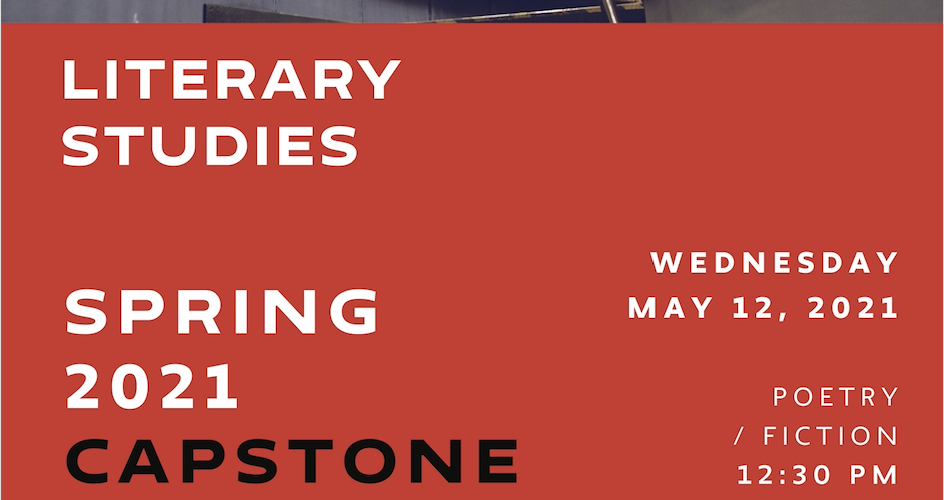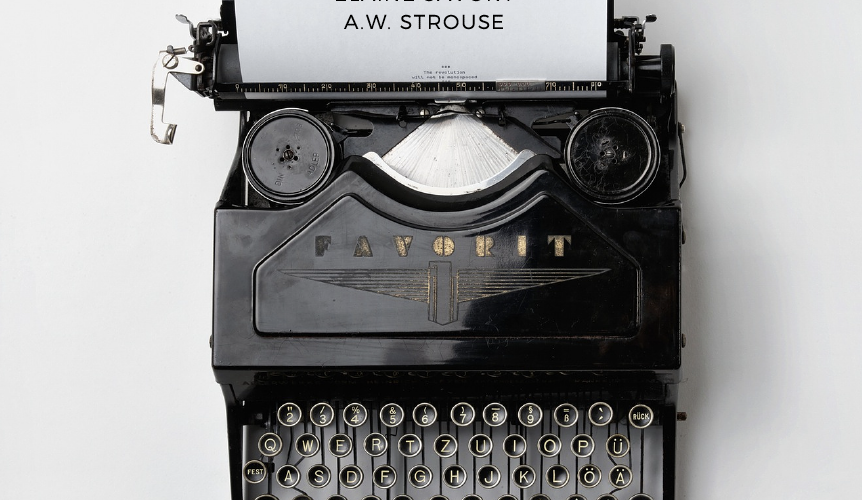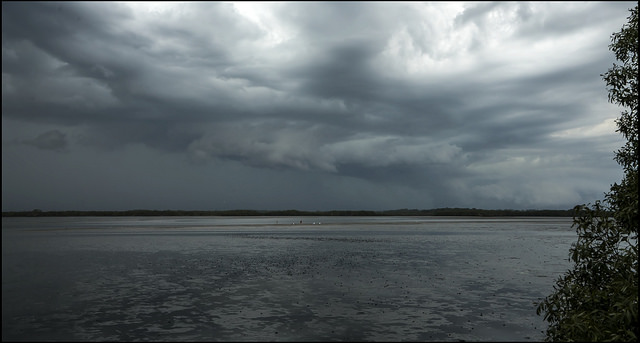
Need a creative boost during this finals season? Try your hand at these generative poetry prompts, courtesy of the poetry students at Eugene Lang... Read More

Watch the Zoom recording for Session 1 – Fiction and Poetry here Passcode: G%rP6h?& Watch the Zoom recording for Session 2 – Nonfiction and... Read More

Watch (or re-watch) our 2021 Literary Studies Alumni Reading, featuring a reading and Q&A with author and critic Morten Høi Jensen, Lit Studies ’11. Morten discussed... Read More

Process Call for Papers: On Remoteness Call for Papers: On Remoteness Deadline: Monday, May 3, 2021 Process: Journal of Multidisciplinary Undergraduate Scholarship invites submissions for... Read More

Thanks to everyone who was able to attend our 2021 Literature Faculty Salon! Those who were unable to attend the live event can now... Read More
Marie-Helen Bertino – Parakeet (June 2020) – Fiction Rich Blint – “For all the tea in China, all the oil in Texas” (July 2021)... Read More

Congratulations to Dr. Julie Beth Napolin, recipient of the annual J.H. Stape Prize for best essay with “Music’s Unseen Body: Cowell, Conrad, Du Bois, and the Beginnings of... Read More
Need a creative boost during this finals season? Try your hand at these generative poetry prompts, courtesy of the poetry students at Eugene Lang College. Thanks to Professor Wendy Xu for organizing.
Issi deCastro
Inspired by: “On Poetry” by Frank Lima
Write about poetry as if it were a person
Do not use the words: “poem”, “poetry”, or “poet”
Try not to think too much–write what comes to mind immediately and intuitively
This poetry exercise could be a good practice to help understand how poetry helps you/what you admire about poetry/what you want your own poetry to convey
Kaeli Linton
(inspired by “Annunciation” by Leila Chatti)
1. curate a list of people and objects you wish you could have a conversation with
2. pick one person or object, and write five “tell me…” statements directed towards it (try incorporating who, why, when, where, and how)
3. for each of the five “tell me…” statements, ask a follow-up question containing imagery
Alexandra Ebert Gold
I Am Large, I Contain Multitudes
“A pissed off dyke climbs into the branches to be held by an ancient indifference and both were me. Yet it’s possible that I am a short bald man. That I am neither a big-bosomed wide-hipped pretty nor a short bald man.”
– “A Symmetry,” Ari Banias
1. Write three paradoxical statements about yourself
(I am _ and _)
2. Write three paradoxical statements about the world you live in
(My kitchen is _ and _)
3. Generate a title from the statement
(I am _ I contain _)
Jonathan Maldonado
Inspired by “One Day I Will Step from the Beauty Parlor and Enlist in the Frequency of Starlings” by CAConrad and “On Poetry” by Frank Lima
Stage 1: take a minute to create an elaborate long winded title, whether it be poetic or funny or ironic. Use your environment or use a recent event to draft one. 1 minute for this
Stage 2: after you’ve written your title, think about your feet. Ask yourself, what would your feet say and how they would say it. Using that, start writing out what you’re thinking. You’ll follow the train of thought wherever it takes you, ramble on. 4 mins
You can connect the title to the poem or not
One parameter: don’t use “I” or “My” to begin any sentence
Jade Freed
Inspired by “King” by Layli Long Soldier
1. Spend a minute or two coming up with paradoxical pairs of facets of self that describe you now in the form of “(Your Name) adjective” (for example: Layli Pain and Layli Joy)
2. Spend a minute or two coming up with pairs of facets that describe your child self in the form of “(Your Name) verb/adjective” (for example: Layli Think and Layli Do)
3. Without* using these your name/or mentioning the facets, pick one pair from each of the above steps and think about and describe moments when these different parts of yourself may have interacted, or when one of these versions of self was present. *Unless that’s where your writing takes you 😀
4. Follow the above moments with “I am two and then twice that, as I call my name four times”, “Your Name, Your Name, Your Name, Your Name.”
5. Introduce your chosen sections of self and describe how they interact in you as a whole.
Carter Gill
Pick 1 thing that frustrates you, and one thing that is beautiful to you.
Write a poem structured with each line following the first having one less word than the last. When you get to one word, go back up to the original number. Each half should be about either the thing that frustrates you or is beautiful.
Luciana Aldisert
Inspired by Frank Lima’s “On Poetry”
Write a 3 line poem on an obsession of your choice
Try to remain in the sensory/feeling realm
Do not name your obsession
Nina Rivera
Think about a fear you had as a child– something maybe not real or rational. Consider what made it so terrifying to you, how you would have explained it to someone, etc. Then think about a fear you have currently that’s probably more realistic. Try to write about this fear using more childish language or how you might imagine a kid would explain it. If you want to make it more challenging for yourself, don’t specify what the exact fear is in your poem.
Kristina M
Write (however many) “I feel” sentences
Choose one of those sentences and describe a landscape that matches the sentiment
Now bring it back to the “I feel” sentence that inspired you most and describe the feeling without blatantly saying what it is (you can use synonyms but it is recommended not to)
This exercise is meant to get you to use more descriptive language and to help you create an image by showing rather than telling <3
viv s.
Inspired by “On Poetry” by Frank Lima
Starting with the body, let’s do an isolation exercise
Lines will come in a pack of two, so only those two lines will bounce off each other and connect. This poem should have an even number of lines.
The first line will lead into the second line
And then pause
The third line will lead into the fourth line
And then pause
Start with the first line, once you have written it, is there a word you can take from that line to incorporate in the next line?
Then write the second one, it should connect somehow to the one you just wrote
You just created the first pack!! Now do this as many times as you’d like, it’s helpful to cover up each pack before writing another.
At the end read it out loud all together, and choose a title!
Robert Burns
Based off of “Study of My Sister” by Louise Gluck
Fill in the blanks for the first stanza:
We _____, here in America,
What is ______. We ask
_______________
Free write a poem based on how you filled out the first stanza.
Begin the final stanza with:
And they say
What did you build?
….
Madison Hartz
Inspired by “Ode to the Hotel Near the Children’s Hospital” by Kevin Young
1. Write a list of 3 places that are important or significant to you.
2. Write a list of 3 places that scare you or feel unpleasant to you.
3. Write an ode that humanizes one of these placesreally brings it to life in a prose format.
Diamond Agyei
Based off “Annunciation” by Leila Chatti
Pick a supernatural being you would like to “pray” to.
Spend 2 minutes “praying” to this being. Write down and take note of key points or the entire prayer.
Write down 4 drastically different loose images of what you would like to receive from this being.
Write down 4 drastically different loose images of the worst things you could receive from this being, but not the antithesis to what you would like to receive.
Write a poem incorporating detailed images of your prayer, listed desires and anti-desires, incorporating this being’s name up 2-3 times throughout the poem.
Feel free to cut numbers in half, this is the original version I did.
Braden Olsen
Inspired by “Now What” by Solmaz Sharif
Think of a person, place or thing
Describe it in detail using the least amount of words possible
Repeating words is okay, in fact it is preferred
Ananya Shrivastava
Choose a word about your (political) identity , and then write a politically charged statement on it. Then between the statement and the word put a sentence about how you feel about the statement you wrote in relation to your identity and then keep repeating this cycle with the same political statement and identity related word. Change the sentence where you describe how you feel in each cycle. For fun, title it “Revolution”